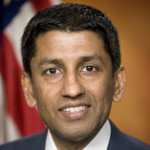The Biggest Supreme Court Cases to Watch in 2020
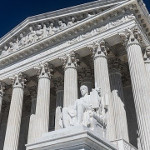 The Supreme Court will hear a slate of highly charged disputes when the justices return to the bench in the new year and resume one of the most politically volatile terms in recent memory, reports The Hill.
The Supreme Court will hear a slate of highly charged disputes when the justices return to the bench in the new year and resume one of the most politically volatile terms in recent memory, reports The Hill.
The court already has heard high-profile fights over LGBT rights in the workplace, the scope of the Second Amendment and the deportation status of nearly 700,000 young undocumented immigrants. But the remaining cases on the court’s docket are no less explosive, write The Hill‘s John Kruzel and Harper Neidig.
The top seven cases to be heard this session involve a separation of powers fight over President Trump’s financial records, Louisiana’s abortion law, religious school scholarships, religious exemptions from discrimination suits, the future of the Consumer Financial Protection Bureau, a fight over how copyright law treats software interfaces, and Bridgegate and public corruption.
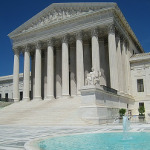

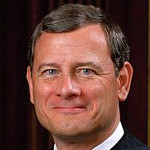
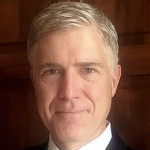

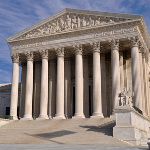
![By SPDuffy527 (Own work) [CC BY-SA 3.0 (http://creativecommons.org/licenses/by-sa/3.0)], via Wikimedia Commons](http://generalcounselnews.com/wp-content/uploads/2016/11/Raymond-Kethledge.jpg)
